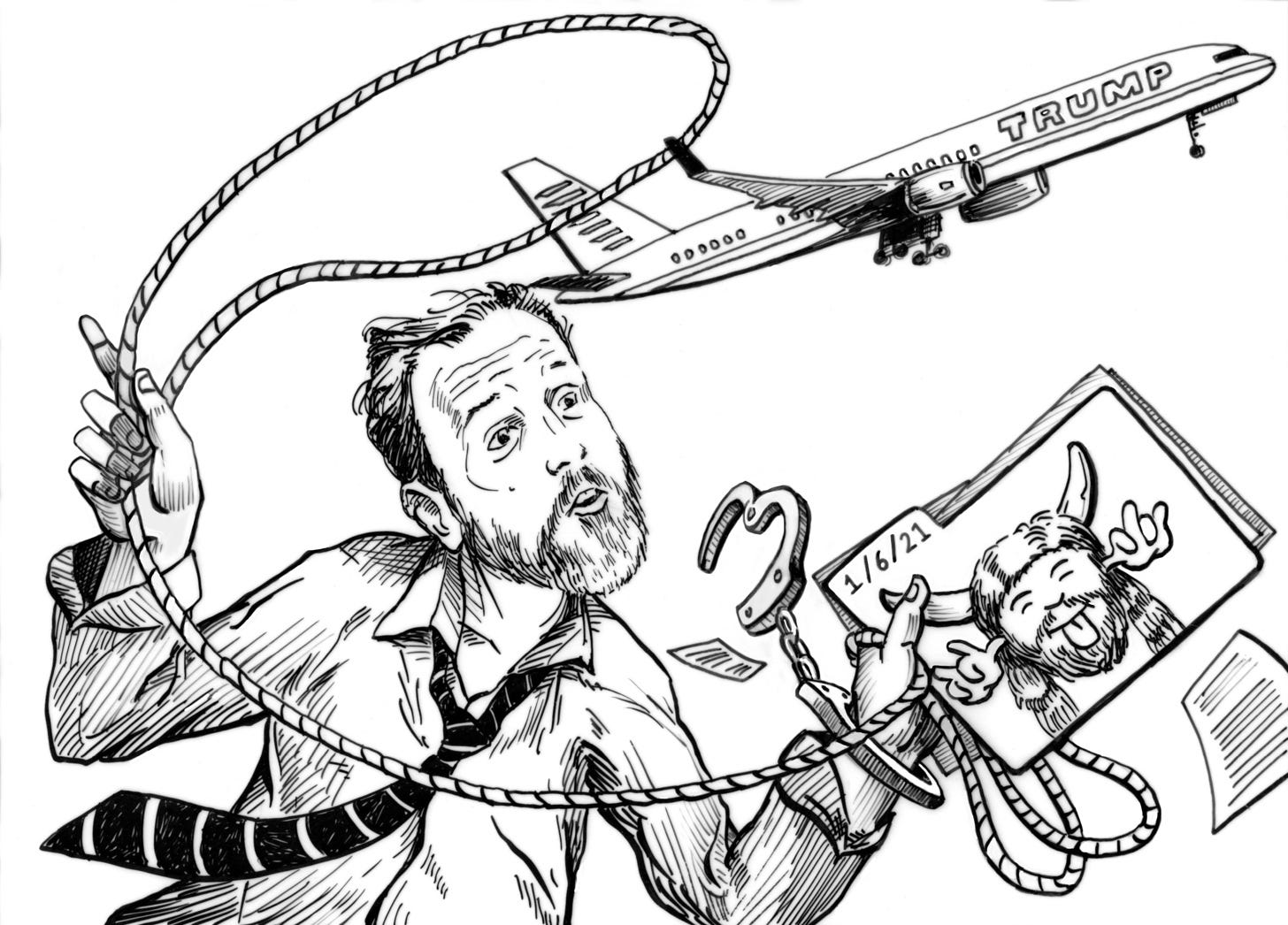Trial Date in Classified Documents Case in Flux
As expected, Judge Aileen Cannon delayed some crucial pretrial deadlines in Special Counsel Jack Smith's classified documents case against Donald Trump. Trial still set for May 2024--at least for now.
Judge Aileen Cannon, citing numerous concerns, today issued an order postponing key deadlines related to Special Counsel Jack Smith’s indictment against the former president for unlawfully retaining national defense information and obstructing justice.
The FBI raided Trump’s Mar-a-Lago property in 2022, seizing 13,000 pieces of evidence including 102 documents with classified markings, according to prosecutors. Smith indicted Trump and his personal aide, Waltine Nauta, in June 2023. The following month, Cannon set a May 24, 2024 trial date.
Since then, the special counsel’s office has frustrated the schedule leading up to the trial—conduct Cannon has questioned during court proceedings and in today’s order.
For example, a few days after Cannon set the trial date, Smith added another defendant and more charges in what’s called a superseding indictment. Shortly thereafter, Smith indicted the former president in the District of Columbia on four charges related to the events of January 6. The judge in the D.C. case, at Smith’s request, set a March 4 trial date, jumping ahead of the Florida trial.
Cannon noted the conflicting trial schedules during a hearing in her Florida courtroom on November 1. When she pressed Jay Bratt, Smith’s lead in the classified documents case, to name another instance when the Department of Justice charged the same defendant on two separate indictments in two different jurisdictions, Bratt had no answer.
She then chastised Bratt for denying “an unavoidable reality that the schedules collide” and failing to acknowledge “a level of understanding to these realities.”
In her nine-page order filed Friday morning, Cannon echoed those words in issuing a new pretrial schedule that moved back critical deadlines. She denied defense motions seeking to move the trial date but scheduled a March 1, 2024 hearing—three days before the start of Trump’s trial in Washington—to determine whether the May 20 trial date in Florida can proceed.
“[The] Court cannot ignore the realities of pretrial and trial schedules in two other criminal matters identified by defense counsel,” Cannon wrote, referring to both the D.C. trial and the March 25 trial in New York for Manhattan District Attorney Alvin Bragg’s hush-money case against Trump. “Although the Special Counsel is correct that the trajectory of these matters potentially remains in flux, the schedules as they currently stand overlap substantially with the deadlines in this case, presenting additional challenges to ensuring Defendant Trump has adequate time to prepare for trial and to assist in his defense.”
Too Much Evidence, Not Enough Time
Citing “an unusually high volume of unclassified and classified discovery,” Cannon also knocked Smith’s team for exceeding initial estimates of how much evidence would be involved: so far, the government has produced 1.3 million pages of unclassified and 5,500 pages of classified discovery in addition to years-worth of footage captured by security cameras that recorded the movement of boxes, the central piece of Smith’s obstruction counts.
The sensitive nature of handling classified records required the special counsel’s team to build a secure facility that allowed the defense team to view the materials. After Cannon rejected Smith’s attempt to house at least some of the files in a facility in Washington, Smith finally opened the Florida SCIF (sensitive compartmented information facility) a few weeks ago. Further complicating the process is strict guidance under the Classified Information Procedures Act, or CIPA, that limits how defendants and their attorneys can access classified materials.
Given the unprecedented nature of the case—Smith wants to withhold files from Trump under CIPA rules, documents created during his own presidency—Cannon expects extensive litigation over “the competing legal theories of the case as presented by all sides” related to CIPA. (In a separate filing last month, Cannon challenged the special counsel on his interpretation of CIPA guidance.)
Trump’s team also indicated their intention to question the involvement of other federal agencies including the National Archives, which initiated the criminal investigation after receiving 15 boxes of records from Trump in January 2022, boxes NARA claimed contained classified papers.
Todd Blanche, Trump’s attorney, disclosed during the November 1 hearing that the defense obtained evidence of extensive communications between the Biden White House, the DOJ, and national security agencies in determining which documents to include in Smith’s indictment. “There was a lot of coordination that we can tell from the materials we do have with the intelligence community that ultimately led them to proceed the way they did,” Blanche revealed.
Cannon noted that disclosure in her order. “[It] is evident that the parties are at odds on significant issues related to the scope of discoverable information in this case, and that such disagreements will require substantial judicial intervention.”
By setting a March 1 hearing, Cannon kept the original trial date while effectively putting the ball in Smith’s court. His move next.


Isn't it refreshing, almost something of which we usually don't hear, when a federal judge appears to be unbiased? What a concept? She must've shipped Marxist 101 unlike her colleagues who live in Moscow-on-the-Potomac...
What???!!!???
The Biden White House and national security agencies had input into what documents would be included in Smith's indictment. Presumably, they had input on what to exclude. Did they also have input on creating documents? This entire case is rotten to its core, beginning with using a DC grand jury for a case filed in Florida. I keep hearing that this case poses the most legal jeopardy to Trump. But the evidence is shrouded in secrecy. I just don't get how a case with secret evidence can be fairly evaluated by a jury who can't see the evidence, when the prosecutor is trying to deny Trump's right to see some of the evidence. If Trump is found guilty, how can any fair person evaluate the verdict?